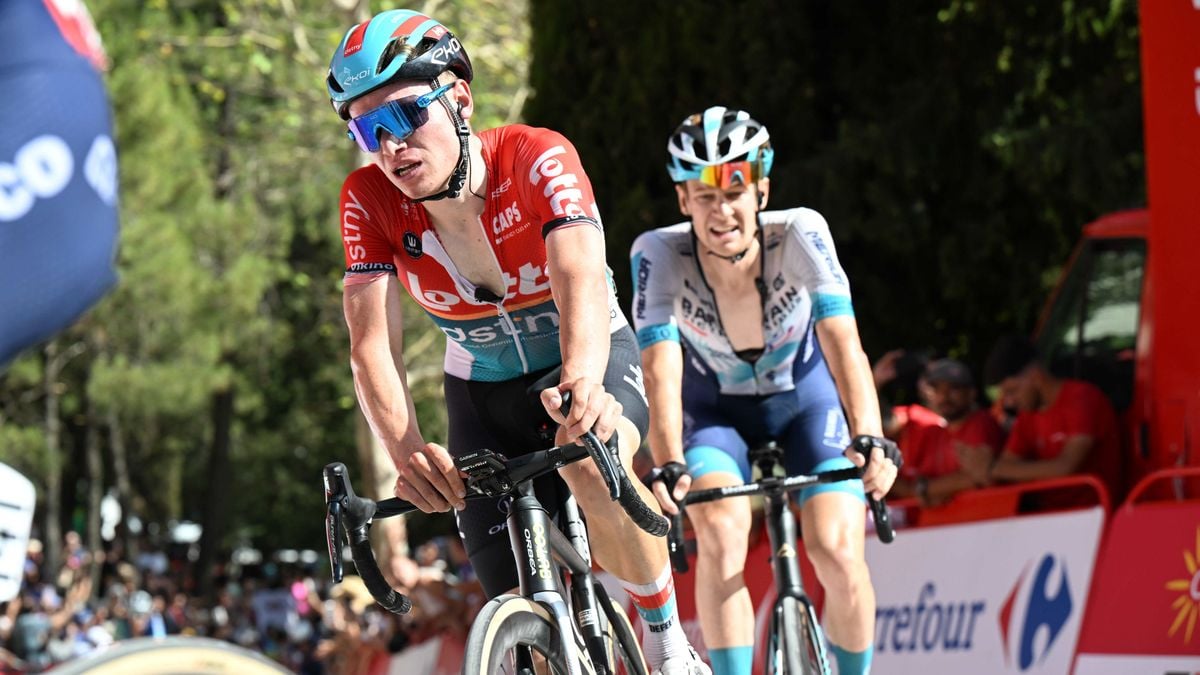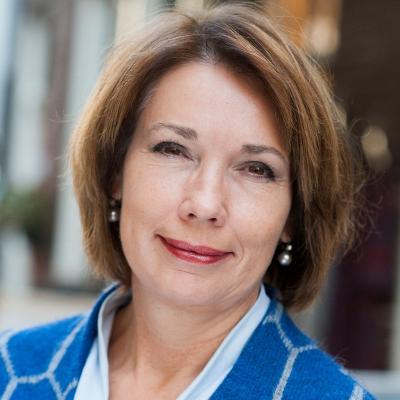This is the third part that talks about the search for optimal treatment after a large article on cancer treatment in the Netherlands Volkskrant. It sparked many reactions, because the message was that less intensive treatment for their cancer was better for some patients. Disagree on: We should deal optimally, not maximally.
This research takes place in a three-way relationship: between the doctor, the patient, and the disease. Love triangles, as anyone who has dealt with them knows, are complex, unclear, and a source of conflict. Today is about the patient. I would especially like to discuss the conditions that make it difficult to choose a less intensive treatment.
I have written here before about the unenviable situation of the patient. While it should be the subject, it is often the direct object.
Even if you think you’re doing a great job as a patient in helping determine the appropriate treatment, it turns out that afterwards, when the dust settles, there’s still a lot to criticize about your decision-making process.
“The patient’s unenviable position: while he should be the subject, he is often the direct subject.”
I use myself as an example. If you read these blogs regularly, you know that I had breast-conserving surgery for breast cancer about two years ago, and that I didn’t want the associated radiotherapy because it didn’t contribute to recovery. A decision I still support, but one inspired by pure panic. I was completely overwhelmed, and did not want to undergo any treatment unless its benefits were explained to me in detail. I received a lot of ambivalence and resistance, because my therapists felt I made the wrong decision to give up radiation.
During the same period, a much younger friend of mine also developed breast cancer. She was just as terrified as I was, but because of her fear she chose to run forward. She wanted it all, and also because she had a young family. Any treatment, no matter how difficult, that added even half a percent to her chance of survival, she was willing to undergo. She received no objection, perhaps because the doctor (see the first part of this triptych) also believed deep down that every tumor cell should be killed, and was probably happy to have such an enthusiastic patient. The treatments almost cost her her life.
This is an amazing difference. Why didn’t my girlfriend get one? push back Me too? We seem to agree that intensive treatment is better than abandoning (part of) treatment. In many cases, the doctor wants to combat the disease as much as possible and convey that this is also what is best for the sick person. The fact is that doctors can recommend treatments that they themselves would not want to undergo for the sake of the world.
It also happens that the doctor thinks he has discussed the treatment proposal very well, but the patient turns out to have received little from it. In the end, the sick person has no answer. Lack of knowledge, dependence on the doctor, fear, uncertainty: all of this plays a role. Hence making an effective decision about your treatment is a serious task.
“Being actively involved in decisions about your treatment is a serious undertaking.”
In general, I think that it is difficult for a patient to make a completely informed and independent choice for a less intensive treatment than the specialist advises. He simply cannot supervise it, while my experience is that patients know very well what is important to them, what their life values are. You have to ask.
In my opinion, the responsibility for discovering the life values hidden beneath the panic, unjustified respect for the doctor, uncertainty and knowledge gap lies largely with the therapeutic team. Time must be allocated for this. The time is usually just there.
When diagnosed with cancer, most people would rather receive treatment today than tomorrow, and this sense of urgency is often reinforced by the hospital. While there are only four true emergencies in oncology, almost all have time to let the situation take hold. This time can be used to reduce panic and associated emotional distress with help. And then to ask and answer my three good questions.
Then you could end up with fewer treatments, lower doses, or different results. But in the end, “less, less, less” is just a means to an end. The goal should be: better. The patient must say what it is.

“Total coffee specialist. Hardcore reader. Incurable music scholar. Web guru. Freelance troublemaker. Problem solver. Travel trailblazer.”









More Stories
Brabanders are concerned about climate change.
The “term-linked contract” saves space on the electricity grid.
The oystercatcher, the “unlucky national bird,” is increasingly breeding on rooftops.